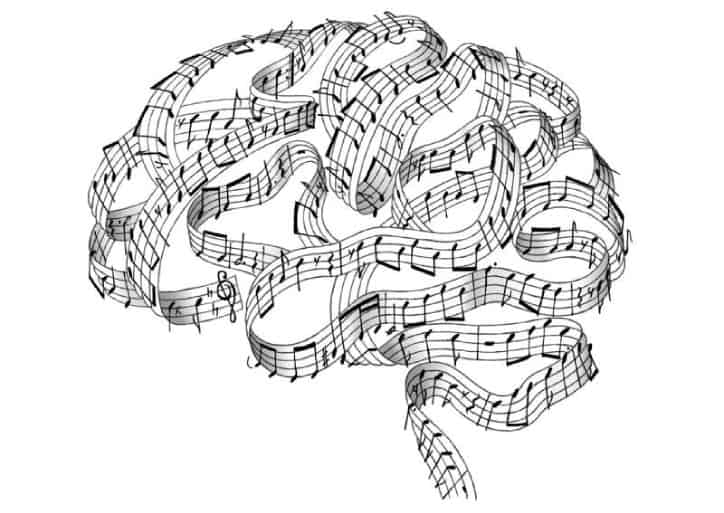4 Reasons Music is Good for You
Research in neuroscience has shown that music can have a profound effect on the brain. When we listen to music, different parts of our brain become activated and interact with each other in complex ways. Here are some ways that music affects the brain:
Emotional processing: Music has the ability to evoke strong emotions, such as joy, sadness, and nostalgia. This is because when we listen to music, it activates the amygdala, which is the brain's emotional center.
Memory: Music has been shown to improve memory and recall, especially in people with neurological disorders like Alzheimer's disease. This is because music engages the hippocampus, which is the brain's memory center.
Attention: Music can improve focus and attention, especially when performing tasks that require sustained attention, like studying or working. This is because music activates the prefrontal cortex, which is responsible for executive functions like attention and decision-making.
Motor coordination: Music can improve motor coordination and timing, especially in tasks that require complex movements, like playing an instrument or dancing. This is because music engages the cerebellum, which is responsible for motor coordination and timing.
Overall, music is a powerful tool that can have a profound effect on the brain, and can be used to improve various aspects of cognitive function and emotional well-being.



Comments
Post a Comment